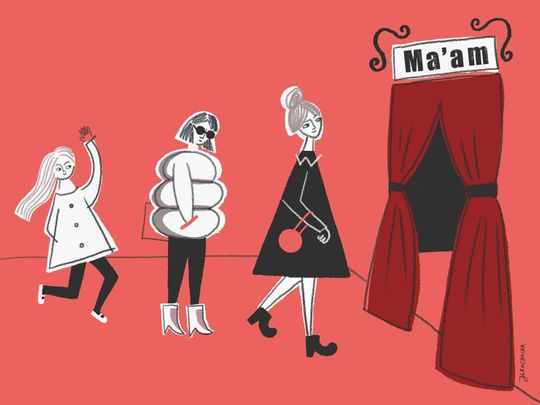
Over the past year, I’ve often been invited to what feels like a gathering of close female friends. These meetings — absent of husbands and children, sometimes even pets — are hosted by book clubs that have chosen to read a memoir I wrote about growing up in communist Vietnam and eventually escaping to a small Texas town during the mid-1980s. My family opened a banh mi sandwich shop in Port Arthur, Texas, years before Vietnamese cuisine became popular courtesy of Anthony Bourdain.
I am usually the only Vietnamese boat person the book-club members have met. But we find common ground, beyond talking about the memoir, as women of a certain age.During these discussions, the topics of age, culture and language often come up. At one recent meeting, a woman recalled travelling in Vietnam a few years ago. Her tour guide, a young Vietnamese man, abruptly asked her age mid-introduction. She didn’t quite know how to respond, she said, and thought it rather rude. In the context of Vietnamese culture, I told her, the question would not seem so strange.
Growing up in a Vietnamese household, I had always equated age with status. The Vietnamese language instils this thinking with its countless words for “I” and “you,” based largely on age. People pay attention to the right pronoun because they want to confer the appropriate level of respect, especially to someone older. For much of my childhood, I had the title of “child” or “younger sister.” Then I became “older sister” to little kids and gradually shifted into “younger aunt” in my 20s. But, as one’s identity is not fixed but rather tied to others, in the company of someone older, I stayed “child” or “younger sister.”
In English, the age distinctions are simpler — and more sudden. In my early 30s, I went from “miss” to “ma’am” in an instant when addressed that way at the supermarket. My reaction, a raised eyebrow and awkward pause, was the same expression I had observed when, as a new immigrant, I called a classmate’s big sister “ma’am.” At the time, I thought “ma’am” was the most respectful way to address any American female older than me, and I didn’t understand why anyone would be annoyed.
Technically, the incident at the supermarket wasn’t the first time I had been called “ma’am.” When I was in middle school, I also worked at our family’s banh mi sandwich shop. Left alone while my parents were away running errands, I often had to reassure customers that I was fine. One customer watched me work with great interest and without the typical unease. When I handed the food to her, she brightly said, “Thank you, ma’am!” I still recall feeling proudly older when she said it, much older than my age, with a deep sense of something gained. Twenty years later, upon hearing the same term in the supermarket, I didn’t feel older, rather just old, with a vague sense of something lost.
Jolting switch
At the book-club meetings, some of the participants have recalled their own experiences with the jolting switch from “miss” to “ma’am.” But the disbelief and shock taper off as women traverse the midlife landscape of medical scares, children leaving home, the loss of parents and other changes. In my mid-40s, I’ve even come to embrace “ma’am.” I don’t think much of wrinkles and greying hair but more of civility and respect.
Yet, just as I’ve come to this peace, I’ve been introduced to a whole new way of using the title. To my daughter and other midshipmen at the US Naval Academy, “ma’am” means something very different. The freshmen, or plebes, are required to address all female officers and female upperclassmen as “ma’am” — sometimes twice in a reply that is known as the ma’am sandwich, “Ma’am, yes, ma’am.” Answering for any perceived transgression may call for the double sandwich, “Ma’am, ma’am, yes ma’am, ma’am.”
As culture and experience influence the way we understand language, our interpretation of words changes with age. Where I once embraced each age distinction as a promotion, I now just want to stay put. I, for one, am very glad that English has no designations after “ma’am.” For all the respect that other titles in Vietnamese might confer, I wish I could stay at “younger aunt” forever.
Oanh Ngo Usadi is the author of the memoir Of Monkey Bridges and Banh Mi Sandwiches: From Sai Gon to Texas.





_resources1_16a31069e4e_small.jpg)



